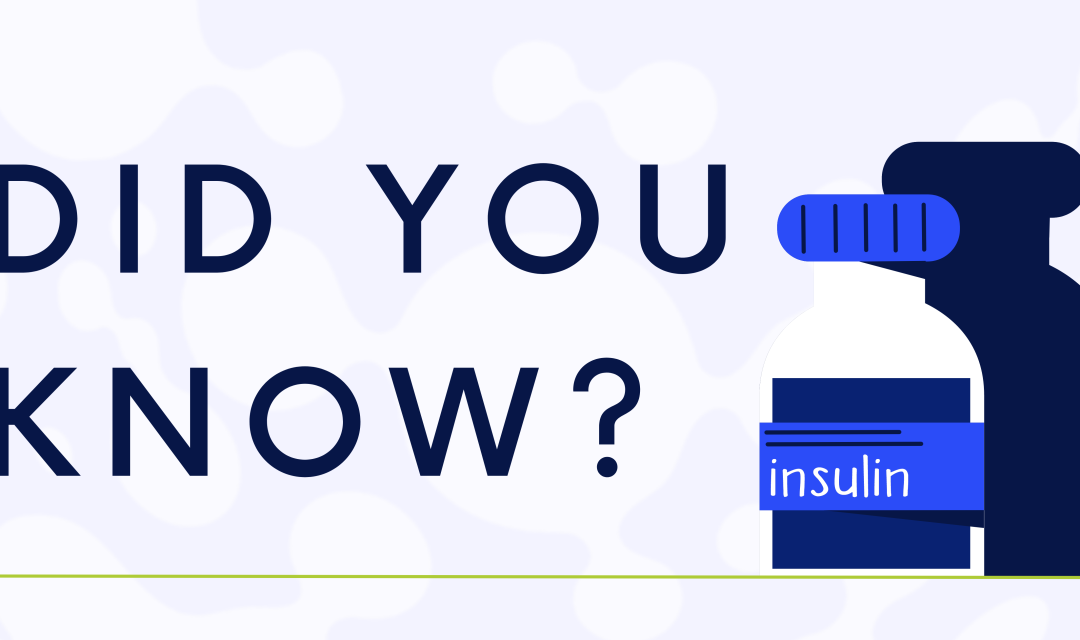For the fourth time, the Diabetes Center Berne is launching the Open Innovation Challenge with the aim of specifically...

José Garcia-Tirado takes up position as professor specialising in technology-assisted precision medicine
José Garcia-Tirado takes up position as professor specialising in technology-assisted precision medicine
The newly created assistant professorship with tenure track is the second of a total of three professorships in the field of “Diabetes Technology and Artificial Pancreas” jointly created by the University of Bern, the Inselgruppe and the Diabetes Center Berne (DCB).

Focus on fully automated insulin delivery
Before taking up his new position, Garcia-Tirado was an assistant professor at the University of Virginia. His research focuses on fully automated insulin delivery, also called artificial pancreas or closed-loop system, as well as conducting corresponding clinical trials.
“I am very excited to contribute to the field of diabetes technology as part of the joint venture between the University of Bern Clinic for Diabetology, Endocrinology, Nutritional Medicine and Metabolism (UDEM) and the Diabetes Center Berne (DCB) by developing new intelligent algo- rithms for automated insulin delivery and decision support systems for people with diabetes,”says Garcia-Tirado.
Derek Brandt, CEO of the DCB adds: “In addition to Lilian Witthauer, professor in the field of sensor technology, we have taken a second and important step with Professor Garcia-Tirado for the topic of closed-loop systems. This enables us to play an international pioneering role in the field of translational diabetes technology research. We are doing everything we can to further improve daily life for people with diabetes“.

José Garcia-Tirado
More recent news
The DCB Open Innovation Challenge is Back: Submit Your Idea Now!
Lisa Koch joins DCB as professor specialising in artificial intelligence and data science
The newly created assistant professorship with tenure track is the third of a total of three professorships in the...
Diabetes Center Berne and Diabetes Technology Society Collaborate for the 2024 DCB Open Innovation Challenge
We are very excited to announce the launch of the 2024 DCB Open Innovation Challenge for 1 April 2024, this year in...




